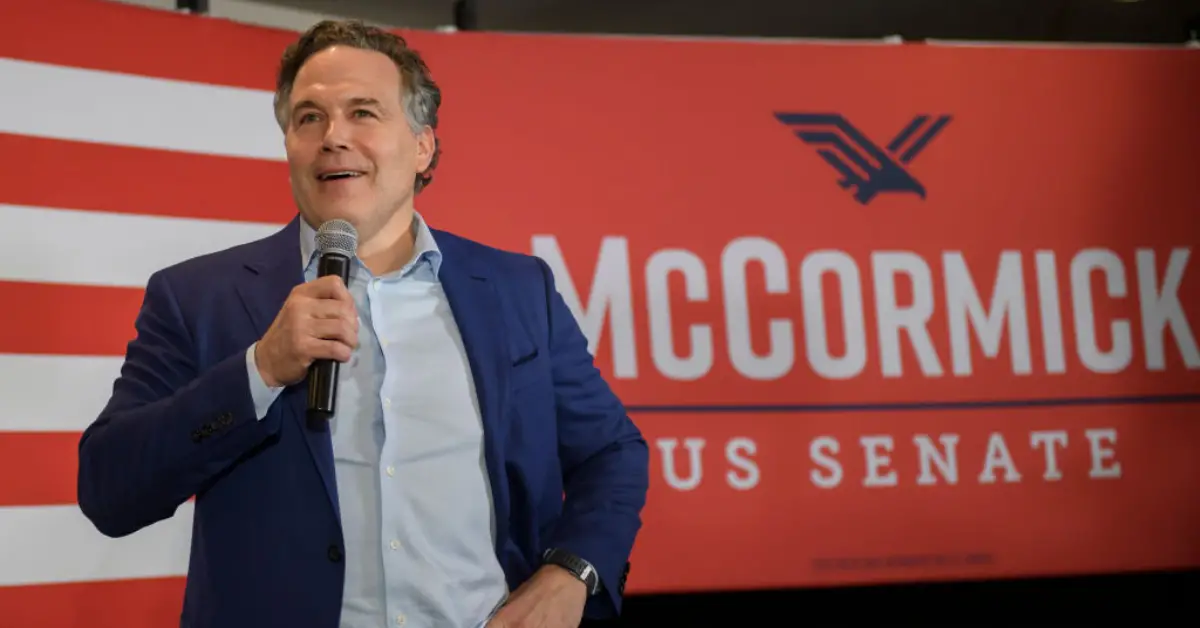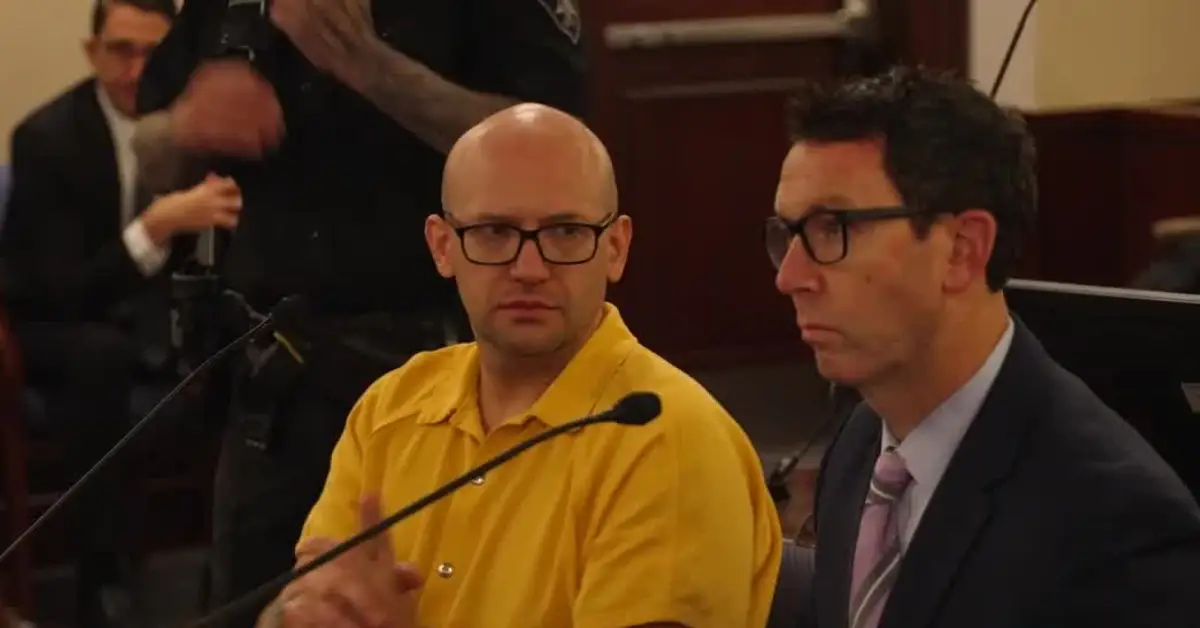In a bold statement following his win in the Pennsylvania Senate race, David McCormick, a Republican businessman and political newcomer, has called for the implementation of a national voter ID law. This call to action has stirred significant conversation across political and social circles, raising questions about voter integrity and election security in the United States.
McCormick, who clinched a hard-fought victory in Pennsylvania’s competitive Senate race, made his position clear during his victory speech. The need for a national voter ID law, he stated, is crucial to ensure that every vote counts and that the process remains fair and transparent. According to McCormick, a universal identification system would help prevent fraud and ensure that only eligible voters participate in the election process.
This proposal for a national voter ID law is not new, but McCormick’s endorsement has brought it back into the spotlight. For years, the idea of requiring voters to present a government-issued ID at polling stations has been a point of contention between political parties. Supporters argue that it is a necessary step in protecting the integrity of elections, while opponents claim that it could disenfranchise vulnerable groups, such as the elderly, low-income communities, and people of color.
McCormick’s call for national voter ID came as part of his broader message about the importance of election security and the need to restore trust in the electoral process. He expressed concern about potential voter fraud, even though studies have shown that widespread voter fraud in the United States is rare. Nonetheless, McCormick’s stance resonates with many of his supporters, particularly those who have long believed that voter fraud is a serious problem that needs to be addressed.
The idea of a national voter ID law has faced considerable opposition over the years. Critics argue that requiring voters to show ID could prevent certain groups from casting their ballots. In some cases, these individuals may not have the proper identification due to a lack of access to necessary documents, such as birth certificates or a driver’s license. Furthermore, many believe that the push for voter ID laws is an attempt to suppress the votes of marginalized communities.

While McCormick’s stance on voter ID is clear, the proposal has sparked a broader debate about election security in America. Proponents of stricter voting laws argue that such measures are necessary to protect the integrity of the democratic process, while opponents believe that these laws disproportionately affect vulnerable groups. The controversy over voter ID laws is part of a larger conversation about voting rights, access to the polls, and the future of American democracy.
Following McCormick’s comments, several Republican leaders have expressed support for his call for a national voter ID law, citing it as a necessary step to ensure that the nation’s elections are secure. They argue that a uniform system would create consistency across states and eliminate confusion about the requirements for voting.
With many states implementing their own varying versions of voter ID laws, supporters of McCormick’s proposal believe that a federal standard would streamline the process and make it easier for voters to understand what is required at the polls.
However, the push for a national voter ID law is expected to face significant resistance from Democrats and civil rights groups, who argue that it could disproportionately impact marginalized voters. Critics argue that requiring identification could be seen as a form of voter suppression, especially in states with large populations of people of color, elderly individuals, and low-income citizens. In response, McCormick and other proponents of the law contend that the solution lies in ensuring that the ID requirement is not burdensome, and that efforts are made to help individuals obtain the necessary identification.
In addition to the debate about voter ID, McCormick’s comments also touch on broader issues surrounding election integrity and transparency. His remarks come as the nation continues to grapple with questions about election security, following the controversy surrounding the 2020 presidential election.
Many Republicans, including McCormick, have pushed for stricter election security measures in the wake of allegations of voter fraud, despite the lack of widespread evidence to support those claims. Nonetheless, McCormick’s support for voter ID aligns with the broader Republican narrative of ensuring fair and secure elections.
While McCormick’s proposal has generated mixed reactions, it is clear that election security will remain a key issue in the coming years. With his victory in Pennsylvania, McCormick has positioned himself as a leader in the push for stricter voting laws and a vocal advocate for national voter ID requirements. As the debate continues, both sides of the aisle will have to grapple with the delicate balance between ensuring election security and protecting the rights of all citizens to vote.
The conversation surrounding McCormick’s call for national voter ID laws is just one chapter in the ongoing debate about the future of American elections. It reflects larger concerns about voter participation, election security, and the integrity of the democratic process. As the nation moves forward, the discussions surrounding voter ID laws are expected to play a prominent role in shaping the landscape of future elections.
With a closely divided Congress and the 2024 elections on the horizon, McCormick’s push for a national voter ID law could become a central issue in future political campaigns. The call for voter identification is likely to continue to divide voters, with some viewing it as a necessary step to protect election integrity, and others seeing it as an attempt to restrict access to the polls.
As the debate unfolds, it remains to be seen whether McCormick’s proposal will gain traction in Washington, D.C., and whether a national voter ID law will become a reality in the United States. For now, the discussion continues, and the outcome will likely have significant implications for the future of American democracy.




